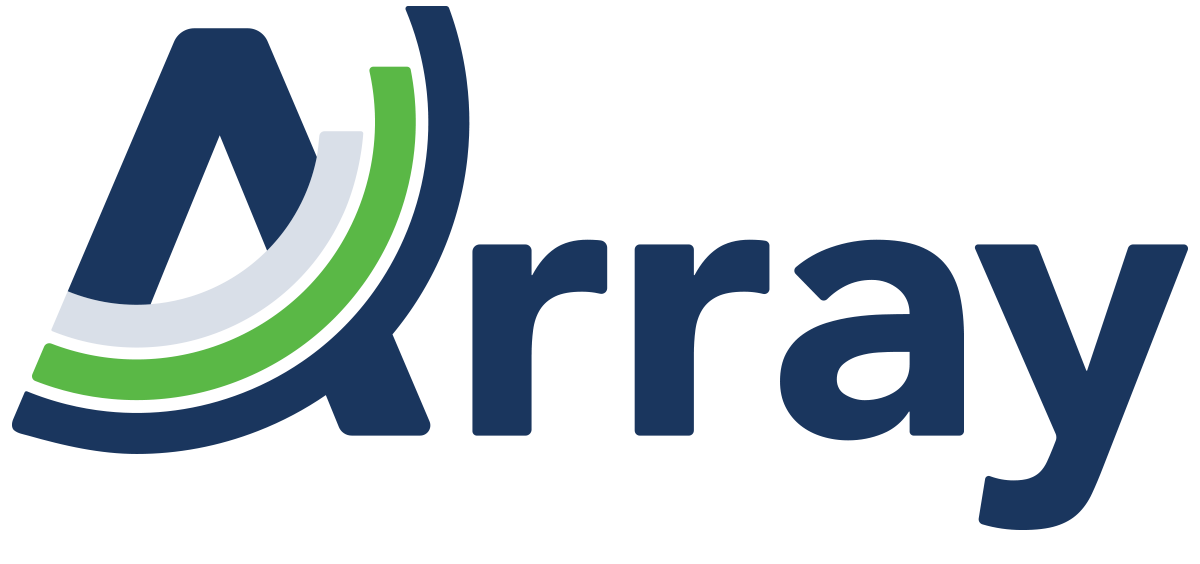In the middle of workplace transformation, paralegals are scarce. How can you attract the best and brightest?
The Great Resignation. The work from home revolution.
Whatever you call it and however you characterize it, the disruption in the labor market that accompanied the COVID-19 pandemic has made its effects felt from the top to bottom of the U.S economy.
Businesses have found themselves suddenly short of qualified workers. Potential employees have learned they now wield previously unimaginable power in the job application process. And the legal profession, used to having its pick of applicants for jobs, finds itself in the position of having to fill paralegal vacancies.
As Paralegal Voice podcast host Jill Francisco put it in an episode from December: “You thought people are never leaving after those years [of service at law firms], experience and same. But now, oh, I think that’s totally different. Now, it’s … naming your price, naming your benefits, naming everything. That’s a luxury. And I hate to say this, but I don’t think paralegals were experiencing” that before.
Here are three big things to consider when figuring out how to attract new paralegal talent.
Pay
You can’t separate recruitment for any job from compensation. Think of any job you’ve had with a friend or family member about any job ever. The first or second question they have about a job opportunity is invariably:
How much does it pay?
We’re entering an era of worker shortages, which means that candidates have far more power in salary negotiations than ever before. They know what they’re worth, so don’t insult their intelligence with lowball offers.
According to McKinsey, while compensation falls in the middle of the pack for reasons why individuals are leaving their jobs, it is one of the leading reasons they return to work. Ensuring you’re providing fair compensation is not just a nice to have – it’s required to be in consideration.
Flexibility
Everyone in every field, from dentists to doormen, from janitors to jazz musicians, wants flexibility on the job. You want to be able to react as needed when unexpected situations arise.
That could mean working from home, from a few days a week to nearly full-time.
Workers have discovered, as paralegal manager Tony Sipp put it on the podcast, that they can get important work done while also experiencing lower stress and more amenities in their home offices.
“When I realized it, the people’s quality of life, I mean I even got a chocolate lab,” he said. “I wouldn’t have done that before, but I just got one. I like to spend time with him and go to the park and go for a walk. I’m happy, a very happy camper, and I get to take my CEDS classes and continue to work, but it’s not — the new normal is that. The new normal is that.”
Embrace that new normal, or you’ll fall behind.
Diversity
If your office looks overwhelmingly white and male, get ready to do some explaining and make some quick hiring changes. Otherwise, you’ll lose out on candidates both young and old.
According to Monster.com 86% of candidates indicate the importance of diversity, equity and inclusion in the workplace as they consider companies and roles as a potential match. And as CNBC points out, for first-time hires “a diverse and inclusive workplace outranked paid sick time, vacation, and health insurance.”
Sure, you can’t always choose your clients. But you can choose your staff. You can choose local or national charities to support. You can volunteer to help at a food bank or community center. You need to show that you recognize you’re part of something bigger than a 9-5 workplace.
Looking ahead
According to Justin Henry at The Legal Intelligencer, don’t expect the paralegal shortage to let up anytime soon. The next decade should see continuing demand for legal professionals.
“The Bureau of Labor Statistics projects there will be 43,000 openings for paralegals and legal assistants each year on average from 2020 to 2030, resulting in 12% growth during the decade,” Henry writes. “That’s reportedly faster than the average of all occupations.”
In other words, you can’t expect this problem to go away on its own. Sure, we might be on the cusp of a recession. But the legal field, like education and health care, entwines itself throughout the United States. The needs will remain, and once a potential recession ends, the demand may be even greater.
So think about what you can afford. Think about how much flexibility you can offer. And think about what kind of message you’re sending with your organization’s commitment to diversity.
You might be surprised at the hires that come your way.
If the recruiting process feels like a lot to navigate right now, consider a trusted litigation support services partner to help you through contract legal staffing, recruiting, or litigation support.

